Life
He was born in Greenwich, where his father was a shipbuilder. His first teacher was his brother Henry, an amateur musician and composer of considerable ability. When about fifteen years of age, Thomas Adams, then organist of St. Paul's, Deptford, and an intimate friend of the May family, struck by the promise and intelligence of Edward, offered to take him as a pupil. This offer was, of course, willingly accepted, and for several years he received regular instruction in composition and organ-playing from him. Subsequently he became a pupil of Cipriani Potter for the piano, and of Domenico Crivelli for singing. In 1837 he was appointed organist of Greenwich Hospital, an office he held till the abolition of the institution in 1869.
May's career as a music educator grew out of his accidental attendance at one of many lectures on popular instruction in vocal music given by John Pyke Hullah about the year 1841. From that time on he devoted himself enthusiastically and exclusively to such teaching, and taught a tremendous number of students; Hullah claimed that "to no individual, of any age or country, have so many persons of all ages and of both sexes been indebted for their musical skill." [1] At one institution alone, the National Society's Central School, more than a thousand teachers and many more children have been instructed by him. At Exeter Hall, the Apollonicon rooms, and subsequently St. Martin's Hall, several thousand adults passed through his classes; while, for many years past, he has been the sole musical instructor at the Training Schools, Battersea, St. Mark's, Whitelands, Home and Colonial, and Hockerill; institutions from which upwards of 250 teachers are annually sent forth to elementary schools. He was appointed Professor of Vocal Music in Queen's College, London.
His daughter, Florence May, was known in London as a pianoforte player of considerable cultivation and power.

Sir John Goss was an English organist, composer and teacher.

Heinrich Scheidemann was a German organist and composer. He was the best-known composer for the organ in north Germany in the early to mid-17th century, and was an important forerunner of Dieterich Buxtehude and J.S. Bach.
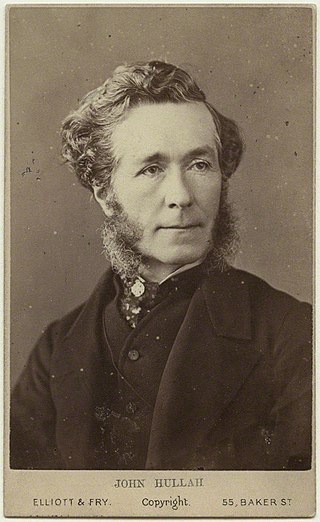
John Pyke Hullah was an English composer and teacher of music, whose promotion of vocal training is associated with the singing-class movement. He worked with Charles Dickens and Felix Mendelssohn.
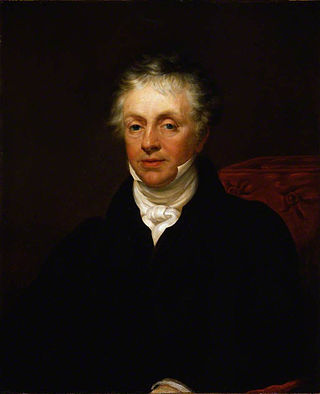
Thomas Attwood was an English composer and organist. Attwood studied under Mozart and he was friendly with Felix Mendelssohn.
Christian Petzold was a German composer and organist. He was active primarily in Dresden, and achieved a high reputation during his lifetime, but his surviving works are few. It was established in the 1970s that the famous Minuet in G major, previously attributed to Johann Sebastian Bach, was in fact the work of Petzold. The sprightly melody was used in the 1965 pop music hit "A Lover's Concerto" by the American group The Toys.

James Hook was an English composer and organist and a friend of Joseph Haydn and Muzio Clementi.

John Farmer (16 August 1835 – 17 July 1901) was an English composer, music teacher, and organist born in Nottingham.

Sir John Frederick Bridge was an English organist, composer, teacher and writer.
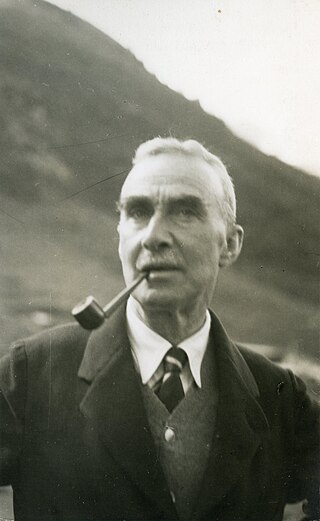
Cyril Bradley Rootham was an English composer, educator and organist. His work at Cambridge University made him an influential figure in English music life. A Fellow of St John's College, where he was also organist, Rootham ran the Cambridge University Musical Society, whose innovative concert programming helped form English musical tastes of the time. One of his students was the younger composer Arthur Bliss, who valued his tuition in orchestration. Rootham's own compositions include two symphonies and several smaller orchestral pieces, an opera, chamber music, and many choral settings. Among his solo songs are some settings of verses by Siegfried Sassoon which were made in co-operation with the poet.
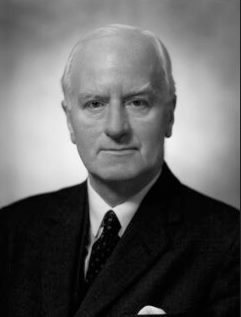
Sir Ernest Bullock (1890–1979) was an English organist, composer, and teacher. He was organist of Exeter Cathedral from 1917 to 1928 and of Westminster Abbey from 1928 to 1941. In the latter post he was jointly responsible for the music at the coronation of George VI in 1937.
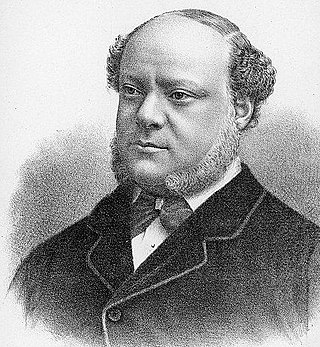
Alberto Randegger was an Italian-born composer, conductor and singing teacher, best known for promoting opera and new works of British music in England during the Victorian era and for his widely used textbook on singing technique. His compositions included ballets, masses and other church music, operas and numerous other vocal pieces. He also edited several collections of vocal music.
Thomas Adams was an English organist and composer for organ. He was one of the most remarkable organists, improvisators and extempore performers of his day.

HenryBredemers (Bredeniers) was a South Netherlandish organist and music teacher. No compositions by him survive, and his historical importance lies chiefly in his activities as a teacher.
John Worgan (1724–1790) was an organist and composer of Welsh descent. He is best known for playing the organ at Vauxhall Gardens, the London public pleasure garden in the mid 18th century.
Edmund Hart Turpin was an organist, composer, writer and choir leader based in Nottingham and London.
The Bach Society was a musical organization in London from 1849 to 1870. Its primary goals, as stated in its prospectus, were (1) to collect the works of Johann Sebastian Bach, both printed and in manuscript, and all works related to him, his family, or his music; and (2) the furtherance and promotion of a general acquaintance with his music by its public performance.
Edward Chadfield (1825–1914) was a prominent music educator, organist and composer.
Charles Frederick Baumgarten was a German-born violinist, organist, composer and teacher, living in London.
John Keeble was an English organist, composer and writer on music.
Florence May was an English pianist who was the student and biographer of Johannes Brahms.
This page is based on this
Wikipedia article Text is available under the
CC BY-SA 4.0 license; additional terms may apply.
Images, videos and audio are available under their respective licenses.










